For several years now the Islamic Republic has been proposing a joint air defense system with Iraq. The idea never got off the proverbial ground. But on the other side of the great Middle Eastern divide, Israel has announced it is building a regional air defense alliance with several Arabic-speaking countries.
Naturally, the Islamic Republic has construed this plan as a threat. The renewed tension comes on the eve of a tour by US President Joe Biden of the region due to start tomorrow, including a “historic” direct flight from Israel to Saudi Arabia.
The so-called Middle East Air Defense Alliance began to take shape in March 2022, during what became known as the Negev Summit. The foreign ministers of Israel, the UAE, Bahrain, Morocco and Egypt, as well as the US Secretary of State, met in Israel for talks.
Then in late June, it was reported that top American, Israeli, Arab and North African military heads had held a secret meeting at the Egyptian town of Sharm el-Sheikh. The participants were said to have been General Frank McKenzie, the-then head of US Central Command, General Aviv Kohavi, chief of staff of the Israeli Defense Forces, Fayyadh bin Hamed Al Ruwaili, chief of staff of the Saudi armed forces, and high-ranking military officers from the UAE, Bahrain, Egypt, Jordan and Qatar.
Last month, Israel's Defense Minister Benny Gantz said that the emerging US-sponsored air defense alliance was “operative” and could be boosted by Biden's visit. Speaking to Reuters on the condition of anonymity, an Israeli official said partner countries were “synchronizing” their respective air defense systems through remote electronic communication, rather than planning to share the same physical facilities.
The plan is to build a network of radars, detectors and interceptors between Saudi Arabia, Oman, Kuwait, Bahrain, Qatar, the United Arab Emirates, Iraq, Jordan and Egypt, with the help of Israeli technology and US military bases, three of sources told Reuters.
On June 9, a bipartisan group of members of US House of Representatives and Senate introduced a bill proposing that the Pentagon work with Israel to integrate the air defense systems of six Gulf Cooperation Council (GCC) countries, Bahrain, Kuwait, Oman, Qatar, Saudi Arabia, and the United Arab Emirates, with those of Egypt, Jordan, and Iraq. Here, the specific aim was said to be neutralizing threats from Iran and Iran-backed militias in the region.
Implicit Threats to Neghbors
On July 9 Nasser Kanani, a spokesman for the Iranian Foreign Ministry, also called the plan “a threat” to national and regional security. “Trying to create new security concerns in the region will have no result other than weakening common regional security and serving the security interests of the Zionist regime,” he said.
In a series of tweets in Persian, Arabic and English, Nour News, affiliated with Iran’s Supreme National Security Council, said of the project: “The creation of a joint defense pact in the region by the US, with the participation and hidden management of Zionists, is a threatening act. If the implementation of this plan threatens the security of Iran in any way, it will face a decisive response to the nearest and most accessible targets.”
The hardline newspaper Kayhan, which is published under the supervision of the Supreme Leader’s office, translated the “most accessible target” in an editorial: “The pursuit of a joint air defense system against the Axis of Resistance [Iran under the Islamic Republic, Lebanese Hezbollah and Syria under Bashar al-Assad] is another aim cited for [Biden’s] visit.
“The reliability and might of American air defense has been tested repeatedly during the war in Yemen. This dependency has been very costly for the Saudis. But Ansar Allah [the Houthis] were able to halve Saudi oil production within minutes through a complex and successful operation at a near-negligible cost.”
On July 9, Ali Akbar Velayati, senior adviser to the Supreme Leader in international affairs and a former foreign minister, has also said Iran would not allow a “Middle Eastern” NATO to become active on its borders. “This is an inappropriate idea and any country that decides to go along with it, be it the UAE or not UAE, does not only provide no service to this region but strikes a blow against it,” he said.
Improving Relations or Increasing Tensions?
The veiled threats also come at a time when, until very recently, relations between the Islamic Republic and Saudi Arabia seemed to be improving, while Iran had taken part in security-related talks with Jordan and Egypt.
In April Khalid bin Ali Al Humaidan, head of the Saudi intelligence service, and Saeed Iravani, Iran's Deputy Secretary of the Supreme National Security Council, met in Baghdad for the fifth round of negotiations between Iran and the Kingdom. The atmosphere was said to be positive, with both parties agreeing to some actions they could take to cool the atmosphere.
In June, Iraqi Foreign Minister Fuad Hussein announced that talks between Iran, Jordan and Egypt had got under way with the mediation of the Iraqi government in Baghdad. For the Islamic Republic, the new announcement represents a step back, raising fears once again about deepening regional isolation.
The Invisible War with Israel Tightens
Biden’s visit to the Middle East, said Iranian Intelligence Minister Esmail Khatib, symbolized America's supposed policy of “centralization of the Zionist entity” after the “failure” of all previous plans against Iran. He added that “dozens of intelligence agencies” the world over were working agains the Islamic Republic and were trying to “leverage” people’s legitimate economic and political dissatisfaction inside Iran.
Before the Air Defense Alliance and Biden’s visit snatched the spotlight, the Islamic Republic was embroiled in accusations that it was planning to assassinate a series of Israeli nationals in Turkey. As a result, a visit by Iranian Foreign Minister Hossein Amir Abdollahian to Turkey had been canceled twice. Eventually it took place in late June, but many analysts fear Iran-Turkey relations have been irreparably damaged by the alleged plot.
The Islamic Republic itself has admitted elsewhere that the Israeli intelligence agency Mossad has bases in Iraqi Kurdistan. There are also reports that Somalia, once a conduit for sending arms from Iran to Yemen’s Houthis in the past, is seeking to establish diplomatic relations with Israel.
visit the accountability section
In this section of Iran Wire, you can contact the officials and launch your campaign for various problems




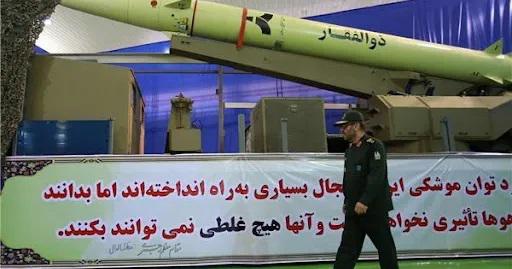
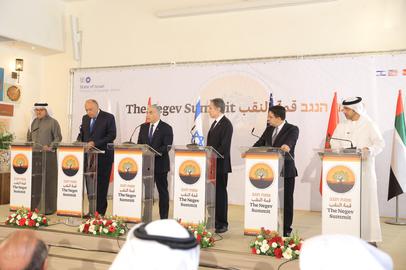
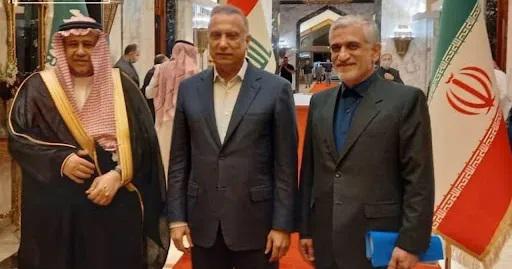
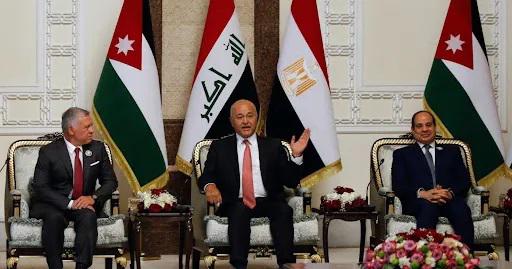
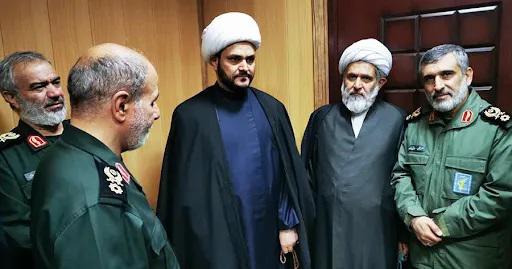
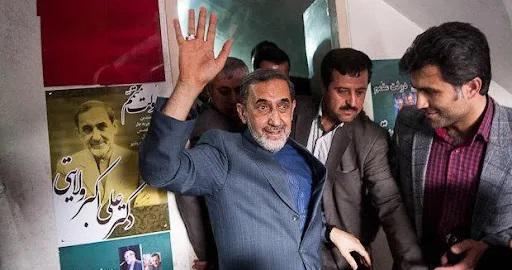


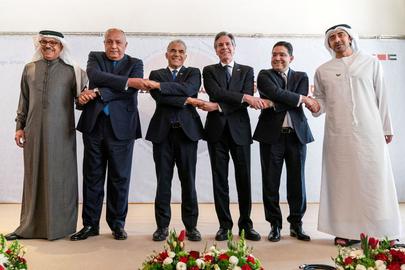
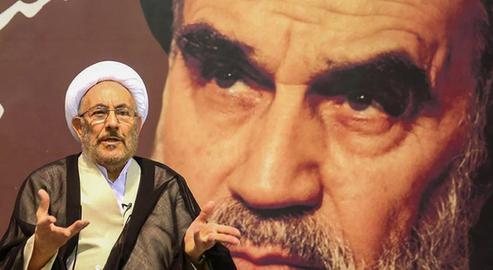

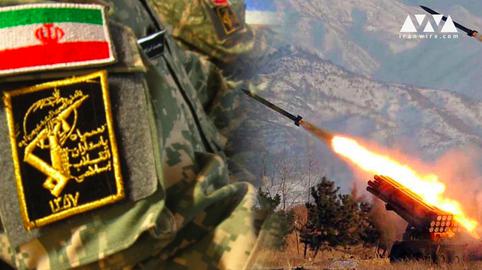
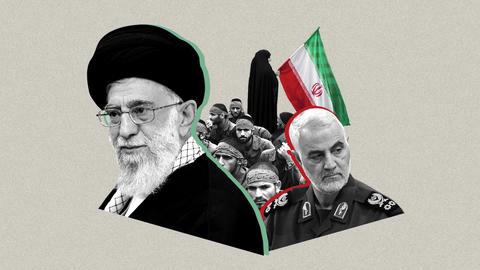



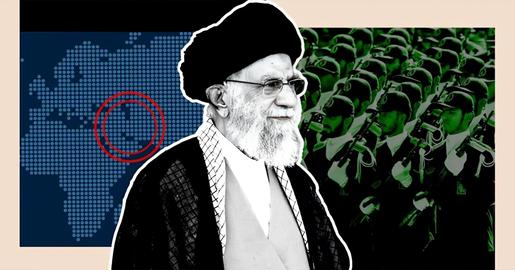






comments